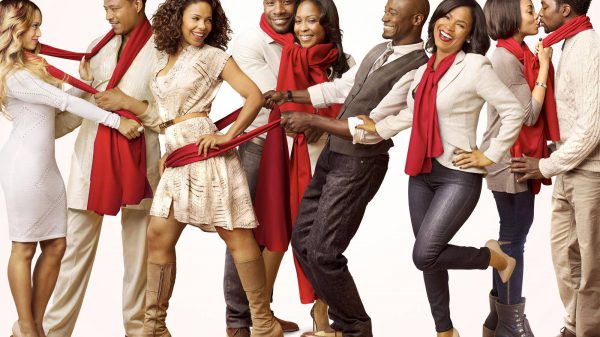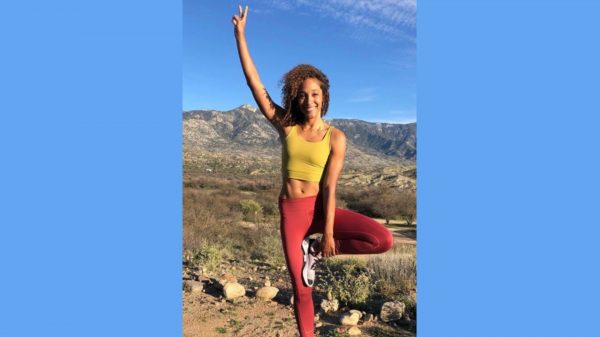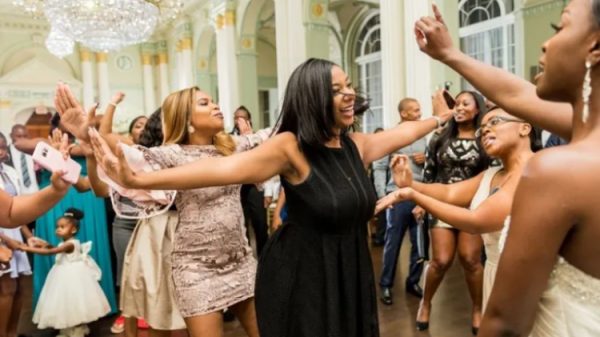The large, diverse African diaspora includes millions with African roots. Today, Black people identify with their African origin in complex, personal ways. They also assimilate into their nations’ unique cultures. The African diaspora has created unique identities in cities like Kingston, New York, London, and Rio. These identities blend local cultures with their African heritage. This has resulted in a dynamic tapestry of merged histories, customs, and values.
For many, a search into their lineage and culture is the first step to identifying with their heritage. This path is shaped by society, personal tastes, and migration trends. It is neither straight nor simple. People often struggle with cultural belonging and self-definition. They try to balance their African roots with their local identities.
The African diaspora has had to balance multiple cultural narratives throughout history. For example, descendants of enslaved Africans in the Americas and Caribbean have long celebrated their ancestry through music, religion, and family. They did this even as they adjusted to new social mores and traditions. African rhythms and instruments mixed with local influences. This created jazz, hip-hop, reggae, and samba. These genres arose as artistic responses to the unique experiences of Black communities. These creative forms show the diaspora’s inventiveness. They also help maintain ties to African heritage.
Another essential component of identity is language. Language frequently serves as a means of heritage preservation for African diaspora individuals. Haitian Creole is a unique language. It reflects the nation’s history and African roots. It blends French and African languages. African American Vernacular English (AAVE) is a unique US dialect. It is based on English but includes African language patterns. Diaspora members preserve a link to their African roots by fostering these unique speech patterns.
Identity is also significantly influenced by religion. African ideas are the foundation of spiritual rituals like Santería, Vodou, and Candomblé, which have been modified by expatriate communities in the Americas. These faiths have survived centuries of colonial persecution. They did so by transmitting potent rituals, symbols, and ideologies that connect followers to African cosmologies. Many Black people use these religions to reclaim a pre-colonial, spiritual identity. Their ways reflect their African heritage and modern lives.
Migration and technology that require a TonyBet login are bringing people closer. Thus, the diaspora is growing and changing again. Social media has sparked global talks on identity. It lets the African diaspora share knowledge, art, and experiences. Social media like Instagram, Twitter, and YouTube now connect people in Nigeria and the UK. They can influence each other and share their cultures. Young Black people can now easily study aspects of African culture. They can learn about traditional attire, hairstyles, and storytelling. Previous generations could only imagine this due to limited access to the internet.
In this journey, educational resources are also crucial. As schools add African history, literature, and art to their curricula, interest in Afrocentric studies is rising. Black people worldwide can now better develop their identities. They have more access to before hidden or undervalued historical narratives. These narratives include their local and ancestral histories.
Resilience, adaptation, and re-creation are key themes in the African diaspora’s narrative. Each diaspora member has a unique bond with their origin. It is shaped by their shared history, geography, and personal experiences. As they reconnect with their roots, people redefine being African and part of their community. This adds to a complex identity that is both local and global.
In conclusion, the African diaspora promotes pride and solidarity by accepting varied identities. It bridges national boundaries. Black people worldwide have a complex, multi-generational identity. They honor their ancestors while embracing modern influences. This allows them to tell compelling stories of strength and resiliency.

































































